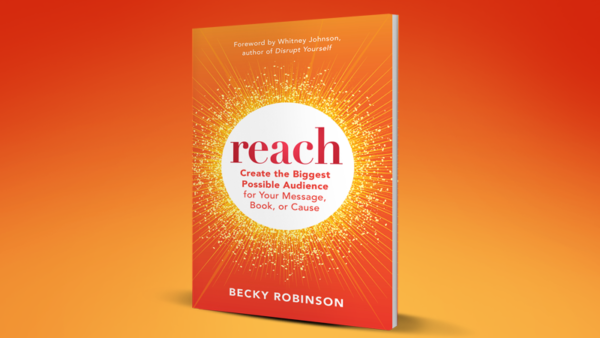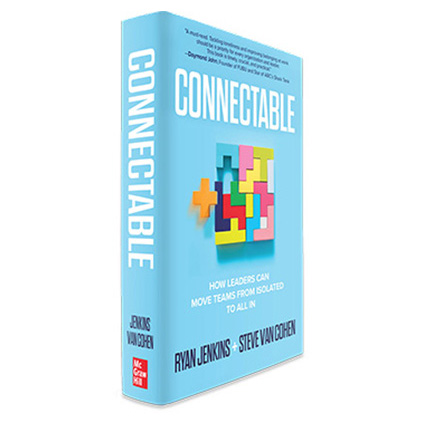One of my favorite introverted editors, Jeevan Sivasubramaniam, Managing Director, Editorial, Berrett-Koehler Publishers Inc asked me to write a guest post on introverts and politics for the Berrett-Koehler blog. If you have not seen the fantastic newsletter he sends out you are missing a terrific opportunity. Sign up now and tell me I was right. Here is the post with some additional introductory content.
In this age of political divisiveness, it often feels like we are living in different worlds from our co-workers, friends, and neighbors. In trying to preserve these relationships we avoid discussing political issues with those who have different opinions from us.
Yet, when we connect with our “opposites” we often find that we can develop compassion, and even grow from understanding a wider range of views. If we see disagreement as necessary to arrive at better outcomes we can challenge each other to come up with better solutions. I agree with Penn Jillette who said of his longtime partner in magic, Teller, “We often hate each other but it is the kind of hate that is worth the while.”
Introverts have an advantage over extroverts in discussing hot topics. They bring strengths like listening, calm observation, and delving deeply to truly understand a topic or person. Here are
5 specific ways introverts can participate in a productive political discussion whilemaintaining their cool.
1) Listen without defending. You most likely are a great listener already and demonstrate this by nodding, paraphrasing what you hear and asking great questions. Your conversational partners will not feel defensive if they know they can express themselves freely. You will preserve the relationship and continue to be perceived as a calm, reasoned person who shows respect. The key is to check yourself on your judgments as you listen. Just be curious about where your strong emotion is coming from and set that aside while you try to understand the other person. An introverted colleague listened to her teammate argue against gun control and though she vehemently disagreed with his position, she didn’t cut him off. They still have many areas of disagreement but their dialogue continues.
2. Get Your Voice in the Room. Don’t hold back your ideas. Your voice matters. So get comfortable with stating your opinion by first writing down your ideas before speaking them. Consider keeping a journal or use your mobile device to record your private beliefs. When it comes time to share them you will have given them deep thought, something you are comfortable with doing as an introvert.
3. Take Quiet Time. The onslaught of negative news can create stress for introverts, and the overstimulation can be difficult. Be sure to build in breaks from news, social media and political conversations. Be careful not to overreach and make your breaks morph into isolation. This can lead you to spend too much time brooding about events in your head and having circular conversations with yourself.





